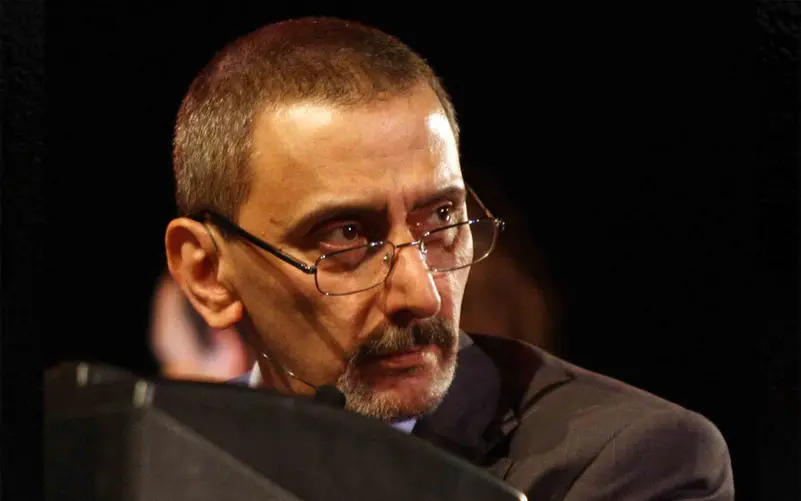


Lebanese composer and playwright Ziad Rahbani, who passed away at 69, wasn’t just a brilliant satirist or a celebrated stage presence. He was a musical revolutionary — one who reshaped the career of his mother, the legendary Fairouz, and gifted Arab music a new sound.
Ziad began his artistic journey in 1973 with the play Sahriyyeh, quickly capturing Lebanon's attention. A year later, Nazl Al-Surour eerily predicted the Lebanese Civil War that erupted in 1975. His iconic plays from this era — Belnesbeh Labokra Shu?, A Long American Film, and Shi Fashel — became massive cultural phenomena that defied political and geographic divides.
Even those who couldn't attend the shows live — due to the east-west Beirut divide — memorized his dialogues from cassette tapes.
Although Ziad stopped writing plays in the 90s, his music never lost its power. As writer Obaid Bou Basha once said:
“If you ask me whether Ziad was more of a musician or a playwright, I’d say without hesitation — a musician.”
Ziad didn’t just write songs. He challenged traditions, adding sarcasm, jazz, and bold honesty. Through his music, he tackled Lebanese social issues and politics with fierce wit.
Ziad's greatest artistic revolution? Giving his mother a second life in music. Albums like Kifak Enta, Eh Fi Amal, and Mesh Kayan Heik Tkoun revealed a deeper, more intimate Fairouz — one who could whisper pain, irony, and hope.
Many believe Fairouz’s continued relevance is thanks to Ziad. As journalist Zaven said,
“Without him, Fairouz might not be who she is today.”
Ziad didn’t care for money or celebrity. He was a thinker. An idealist. A man of the people. Though he considered moving to Europe to pursue global projects, health issues in his later years held him back.
He once said he barely slept two hours a night — a haunting metaphor for the restlessness of a mind too sharp for its world.
Whether on stage or behind a piano, Ziad Rahbani refused to fit in. He questioned his own family’s legacy, only to elevate it to new heights.
In the words of those who knew him:
"Legends like Ziad never die — they just go to sleep in the valley where all the great ones rest."
Source: Al-Arabiya